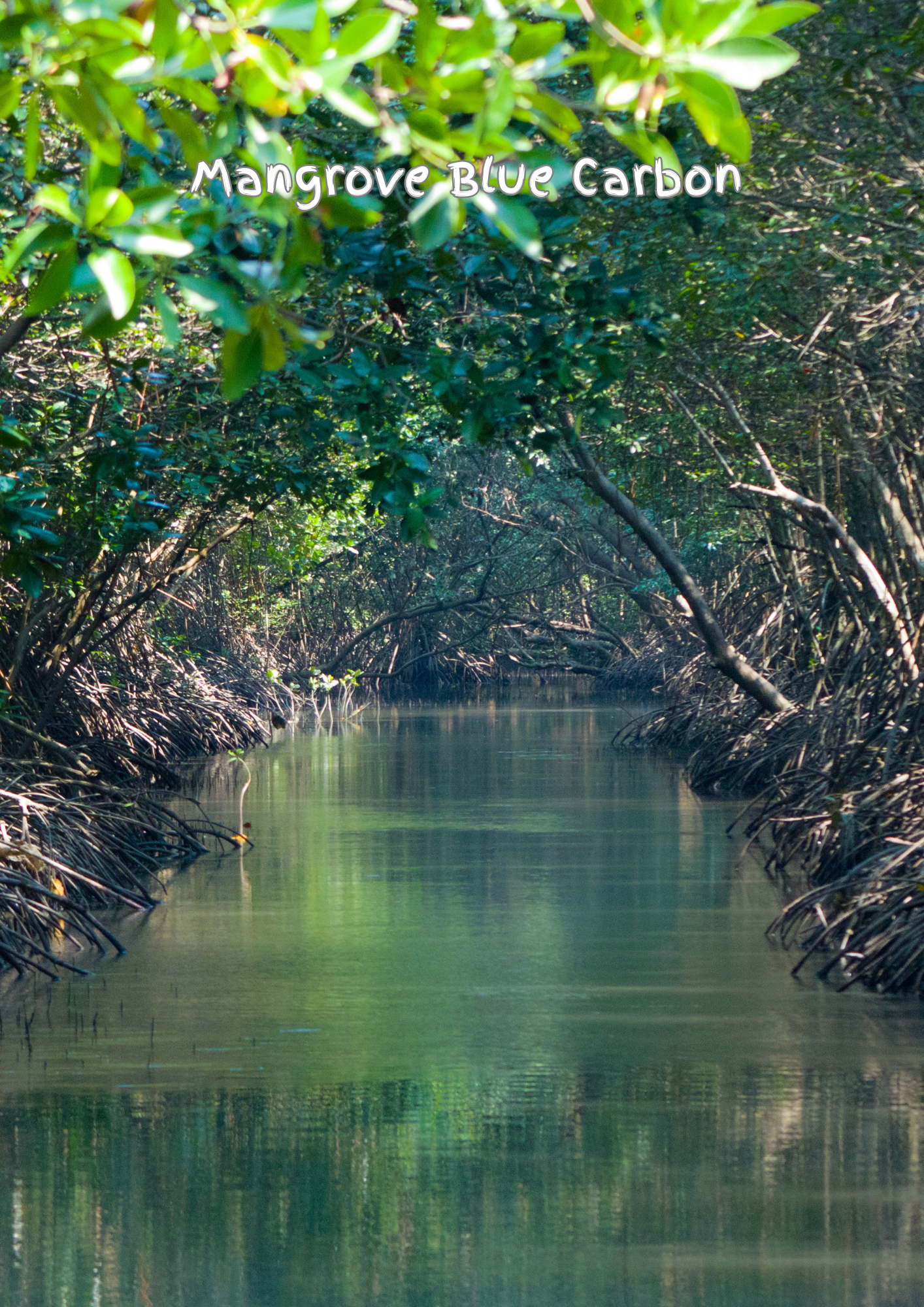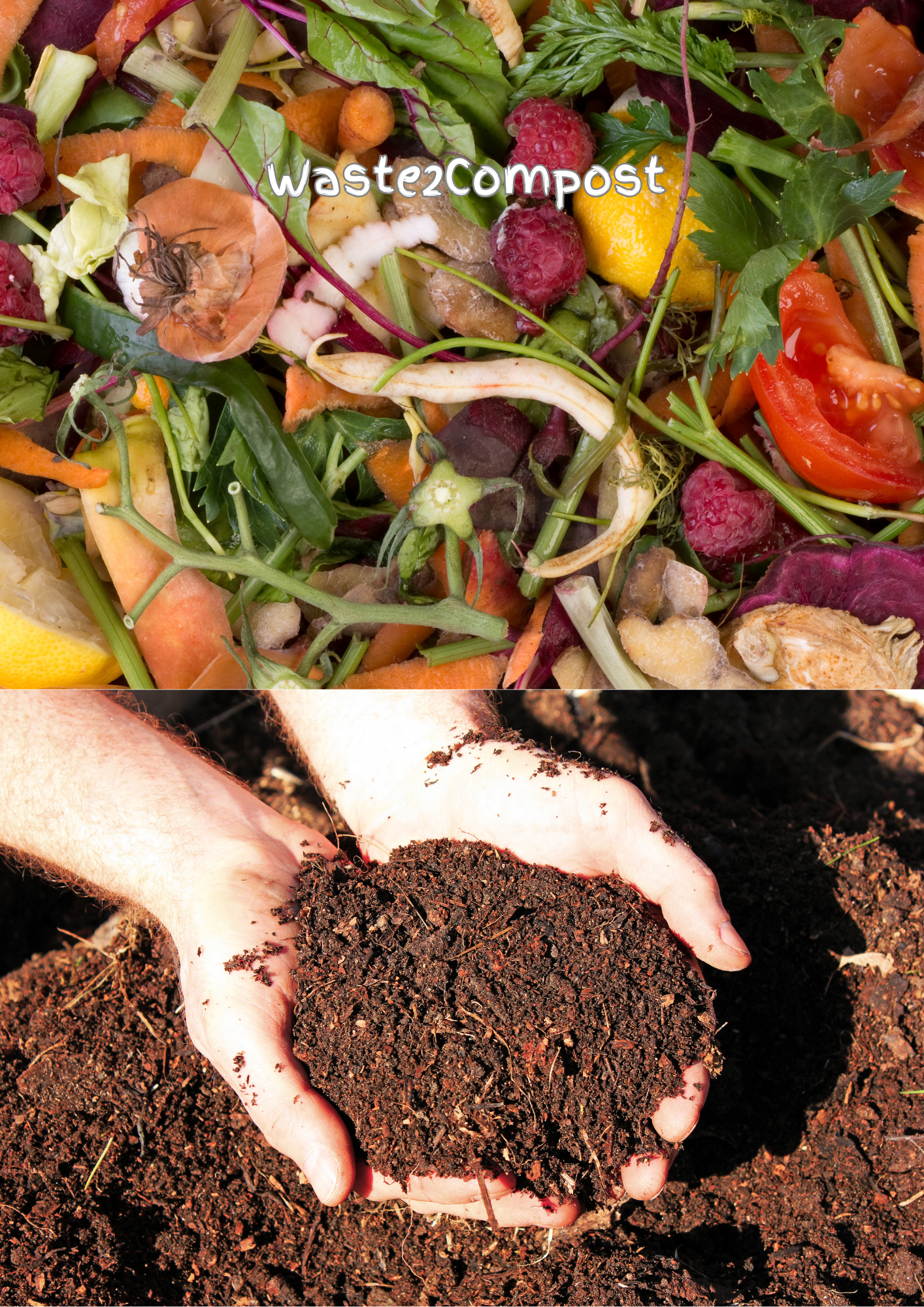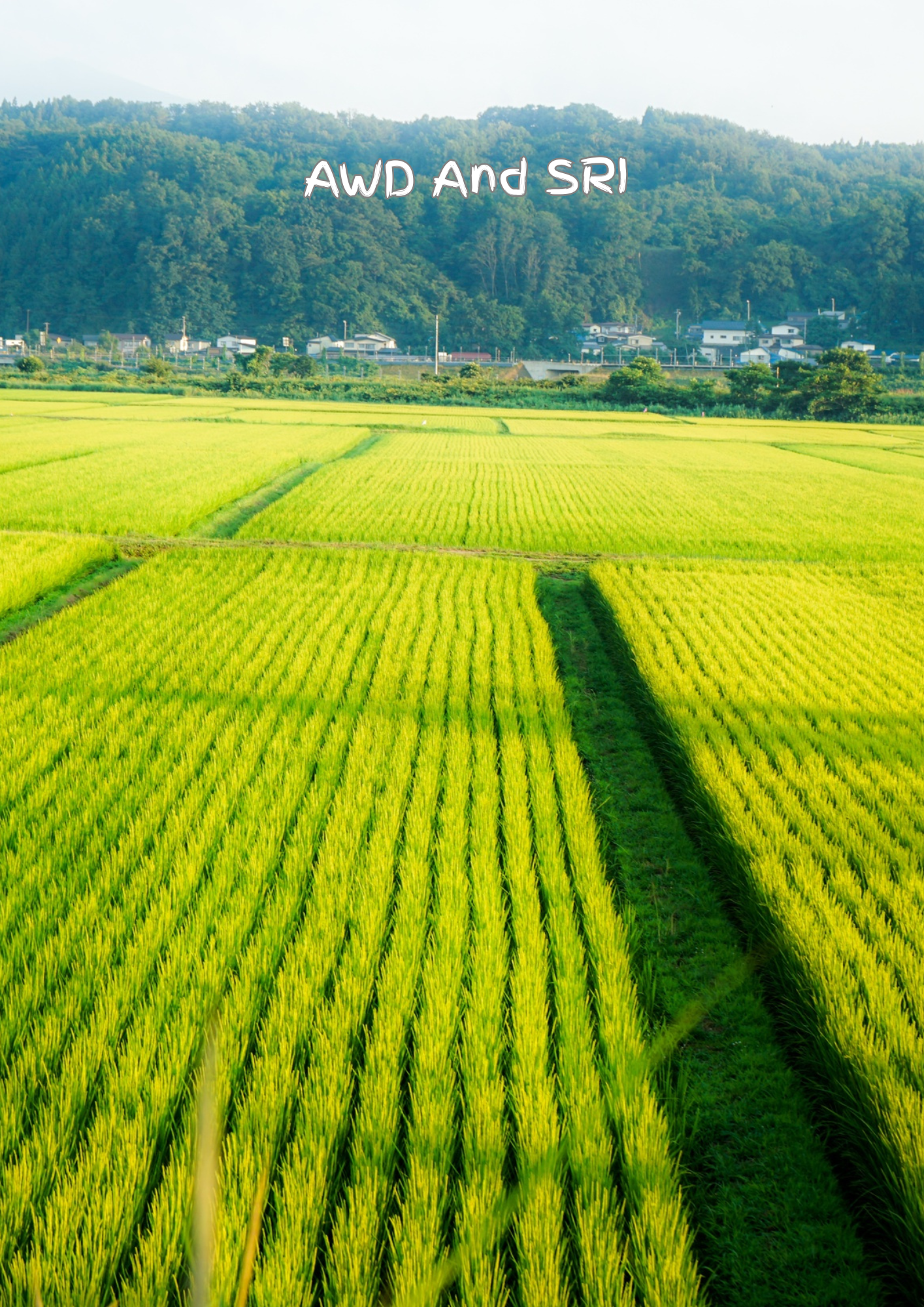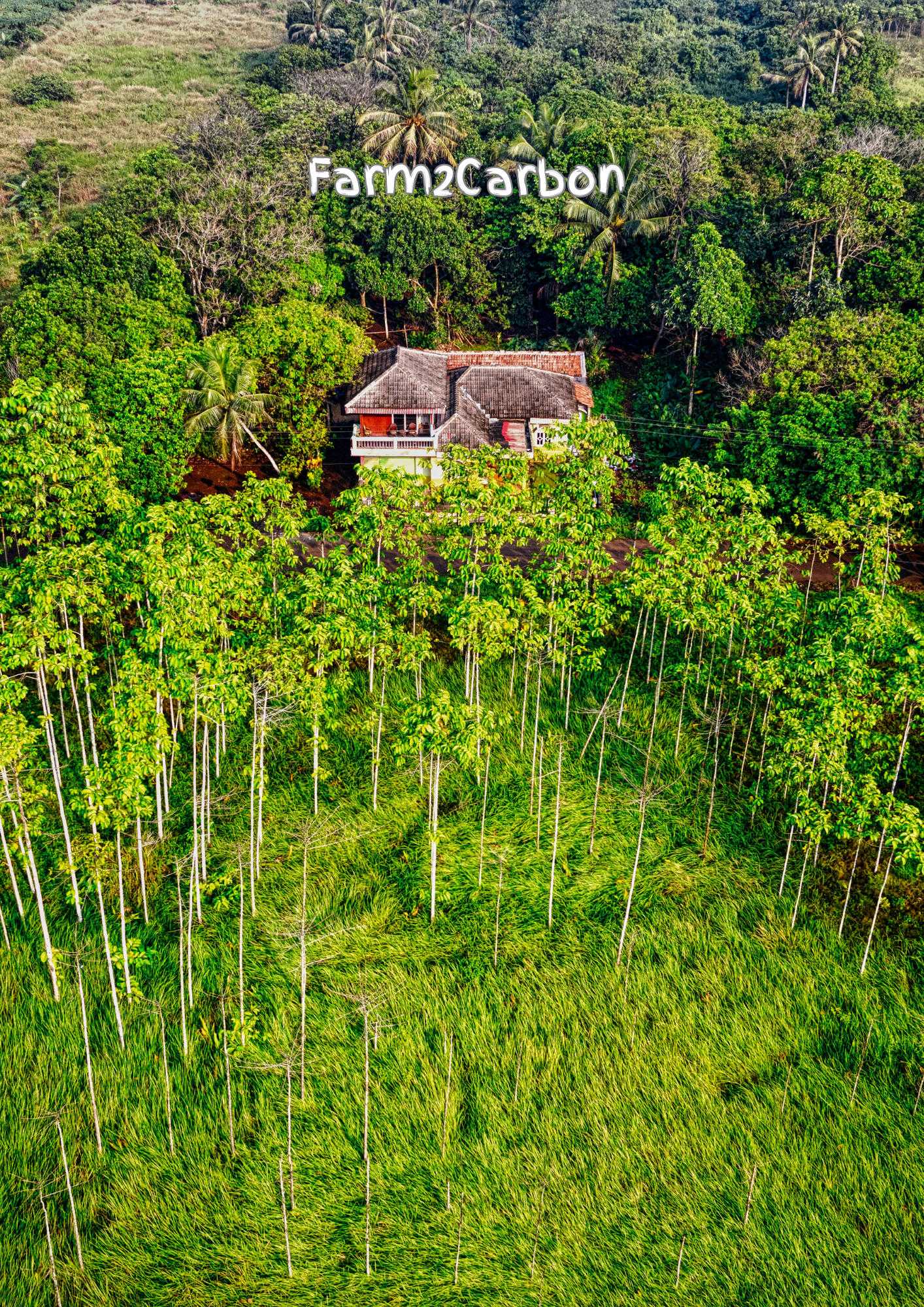We are a project developer of high-quality, large-scale nature restoration projects accredited by leading verification standards.

The project aims to implement a 30,000-hectare mangrove afforestation carbon initiative along the coastal and island regions of Bangladesh, in close collaboration with the Bangladesh Forest Department (BFD) under the Ministry of Environment, Forest and Climate Change (MoEFCC). This large-scale program seeks to enhance coastal resilience, restore degraded ecosystems, and generate high-quality carbon credits through sustainable blue-carbon interventions.
Location: The chars and island areas adjacent to the Bay of Bengal

Municipal Solid Waste (MSW) management in Bangladesh faces a multitude of challenges. These include dysfunctional municipal waste management systems operated by unskilled personnel, a lack of viable business models, insufficient technological and financial capacity, and a fragmented waste processing, recycling, and reuse value chain. To address these challenges, the project will adopt a bottom-up cascade model, aiming to develop a comprehensive waste management system in phases.
In its initial phase, the project aims to process 28,000 metric tons (MT) of waste annually, with provisions to double this capacity in the future. Additionally, the project will contribute to environmental restoration by rehabilitating surrounding dumping grounds, reducing environmental degradation, and promoting afforestation on reclaimed land.
Location: Three City Corporations and Ten Municipalities in Bangladesh

Alternate Wetting and Drying (AWD) is a water-saving technology for paddy rice farming that reduces irrigation needs by 30–40% annually. By alternating between flooded and non-flooded conditions, AWD lowers methane emissions since waterlogged soils foster methane-producing microbes. With water scarcity and declining quality becoming critical challenges, AWD and other improved water management practices—such as modernized irrigation, rainwater harvesting, and conjunctive use of surface and groundwater—are essential for sustainable rice production. Given that most rice farmers in Bangladesh are smallholders, organizing them into groups, cooperatives, or contract farming arrangements is vital for scaling efficiency, lowering transaction costs, and improving market access. Capacity building and institutional support will therefore be key to enabling smallholders to benefit from AWD and other climate-smart practices.
Location: Rajshahi & Rangpur Divisions: Estimated land coverage: 100,000 ha

The FARM2CARBON project is a community-based agroforestry and horticulture initiative designed to enhance ecological resilience, food security, and livelihoods in Bangladesh’s vulnerable coastal and hilly regions. Covering 20,000–35,000 hectares across districts in the Chittagong Division, the project integrates fruit-bearing and timber trees such as mango, guava, jackfruit, teak, and mangroves with crops and aquaculture. This approach promotes biodiversity restoration, soil fertility improvement, erosion control, and carbon sequestration while diversifying income for farmers through timber, fruits, non-timber forest products, and carbon credits. By applying digital MRV technologies—including satellite monitoring, LiDAR, AI, and blockchain—the project ensures transparent and credible measurement of greenhouse gas removals, which are projected to reach around 11 million tCO₂e by 2044.
FARM2CARBON aims to generate long-term revenues from high-quality carbon credits and agroforestry products. The initiative aligns with Bangladesh’s Nationally Determined Contribution (NDC) to increase forest cover to 20% by 2030 and supports multiple Sustainable Development Goals by advancing climate action, biodiversity conservation, poverty reduction, and women’s empowerment.
Location: Chattogram Division in Bangladesh comprising Noakhali, Cumilla, Chattagram, Bandarban, Rangamati, Khagrachari and Cox’s bazar districts


House - 92, Road-05, Block-D,
Basundhara Residential Area, Baridhara,
Dhaka-1212, Bangladesh
House-37, Road-11, Block-H
Banani, Dhaka-1213 Bangladesh